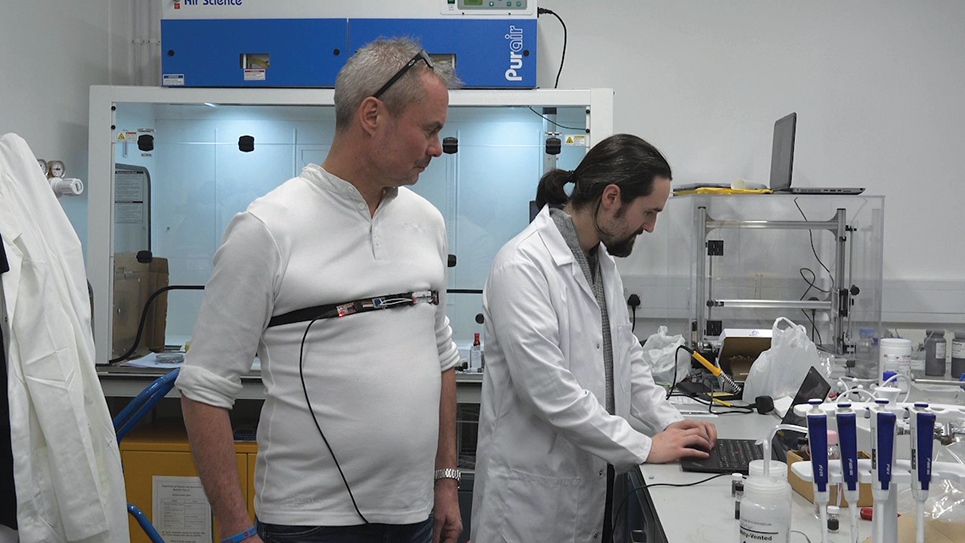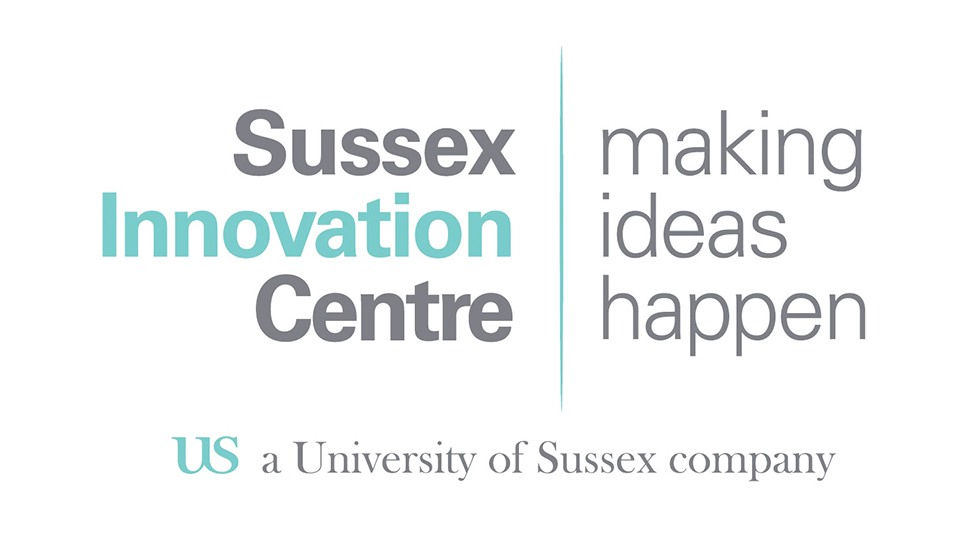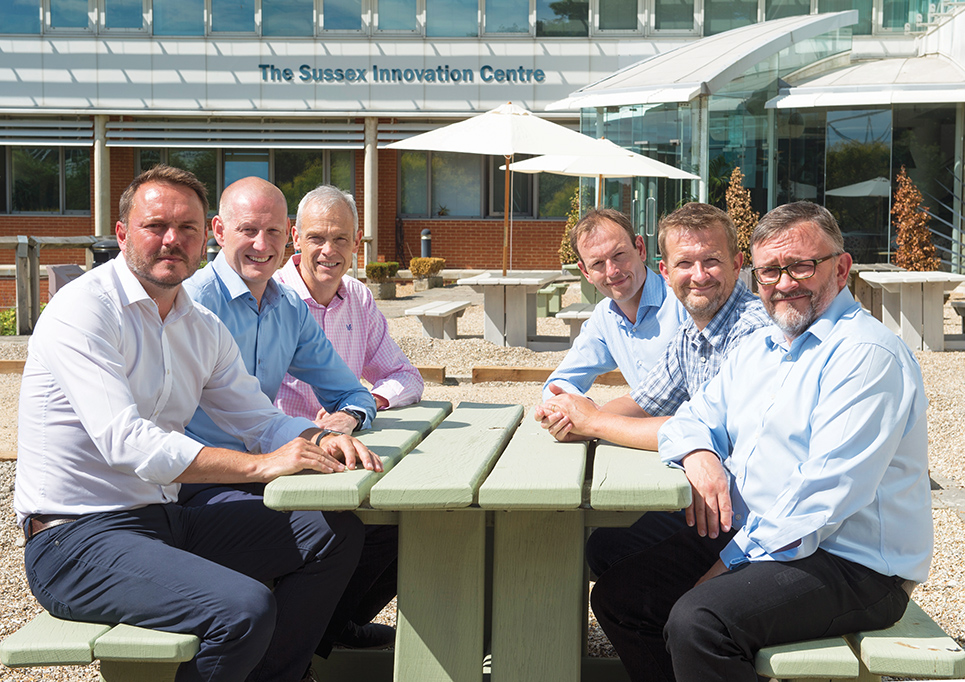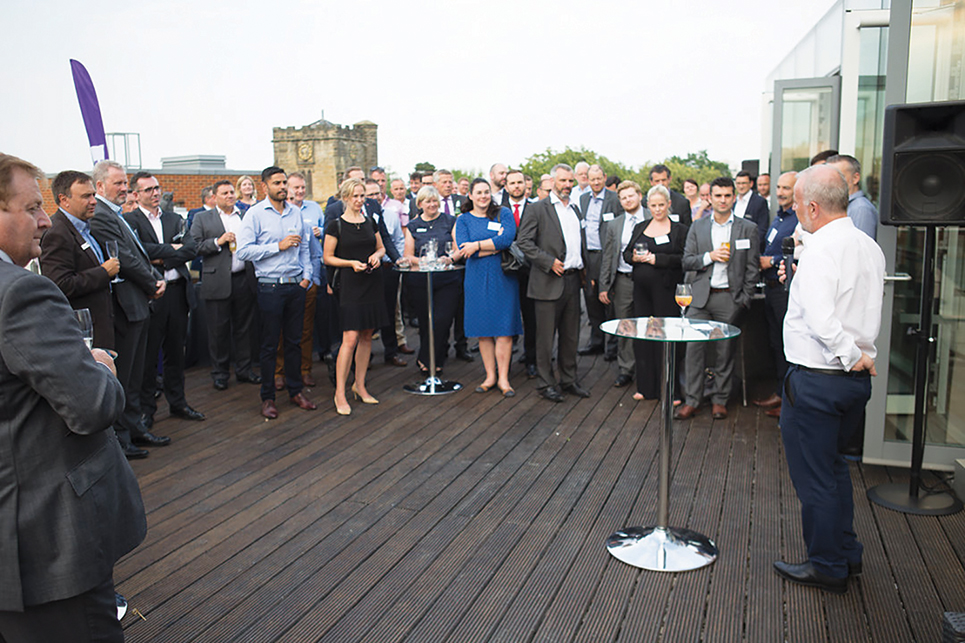
It has been supporting the region’s high-growth businesses since 1996, but Sussex Innovation continues to set high standards. The latest data from the business incubation network shows that its members achieved a new record annual total for investment over the past 12 months.
Cumulatively, 18 Sussex Innovation businesses raised £53,226,000, incorporating a range of seed, series A and series B rounds. Among the notable funding stories was drug development company Destiny Pharma, which floated on London’s Alternative Investment Market in September, raising £15.3m in the UK’s biggest biotech float of the year.
In this article we look at three other businesses at different stages of their journey, and hear from the management teams involved about the factors that were crucial to their successful fundraising.
Enterprise Therapeutics is a biopharmaceutical company specialising in therapies for respiratory disease. Founded by three ex-Novartis employees after the multinational closed its research site in Horsham in 2014, the business moved into the Sussex Innovation Centre soon afterwards. CSO Martin Gosling is a Professor of Molecular Pharmacology within the University of Sussex Drug Discovery Centre, making the Falmer hub an obvious choice as base of operations.
The business closed a £29m Series B round in April. With this latest injection of funds, Enterprise Therapeutics expect to begin testing treatments with healthy volunteers next year. Throughout this process, founding investors Epidarex Capital have been key.
“We’ve been very privileged, in that the investment funds we’ve worked with are very nurturing and have pro-actively helped build the business,” says Prof Gosling. “We leveraged our own network to find Epidarex, who specialise in seeding early stage pharmaceutical concepts. From there, we reached out to Touchstone Innovations, who joined our Series A round.
“We also found our CEO, John Ford, who’s an experienced biotech entrepreneur through our investor network. If you can be introduced through a trusted intermediary, you’re far more likely to get the attention of a seasoned VC who’s bombarded with proposals all day, every day. Between John’s contacts and those of Epidarex and Touchstone, we had plenty of routes to get in front of people.
“We were very conscious of how little time you have to make an impression with these VCs. You must keep it short and to the point when sharing a teaser deck; who you are, what you do, where you’re going. Save the more expansive vision for when you meet face-to-face. The other major piece of advice is that the team to execute an innovation is equally – if not more – important than the idea itself.”
INTCAS is a global higher education marketplace that has recently moved operations into their own premises after outgrowing their space in the Sussex Innovation Croydon hub. They are currently between Series A and B rounds, having raised £2m in March through multiple investors. The student registration and management platform is an ambitious undertaking that has required infrastructure to be built at significant scale before generating any revenue.
“We’re at the point now where the money is starting to come in, and we’re expecting our valuation to climb rapidly over the next year,” says Ben Holt, INTCAS’ director of planning. “It’s been a difficult job raising significant investment while pre-revenue, as you’re essentially asking investors to take a leap of faith on your ability to deliver.
“For that reason, credibility was key for us. Our investors needed to have complete confidence in our board, our management team and our technology. One thing in our favour was that we had pre-signed partnership agreements with some big players; a US education portal, a Scottish qualifications authority and an agents’ network that organises higher education events around the world.
“Deutsche Bank have also played an important role for us in making introductions. They are acting as our investment bank because they see the huge potential of the product and want to be the ones to manage our IPO when we get there! All these relationships have helped to demonstrate the company’s revenue potential and show that we’re serious about delivering against a well-defined growth plan.”
Advanced Material Development are the most recent Sussex Innovation Centre tenants to have raised funding, securing £750,000 of early stage funding towards realising a range of commercial applications for 2D nanomaterials [see news article, p.9]
“We were prepared to lean on our network,” says CEO John Lee. “Colleagues, friends and family can open doors you might not expect. However, it’s important to be cognisant of who you’re taking money from. The most important thing for us in this phase of our development was to find investors who could add value to the company, as well as money. If you can leverage your equity with people’s experience, that’s worth its weight in gold.
“Aside from that, our advice is to ensure you get your numbers right from the start, have a clear idea of everything that you’re going to need, and don’t scrimp on legal costs! EIS tax relief has been a great tool for us, and we’ve had good guidance about how to structure the business so that we maximise it. Giving away equity is a balancing act – you shouldn’t fear reducing your stake, if the capital and experience you get in return is worth it. Ultimately, this round of funding has enabled us to get our first commercial partnerships in place and set us on the path to growth.”








